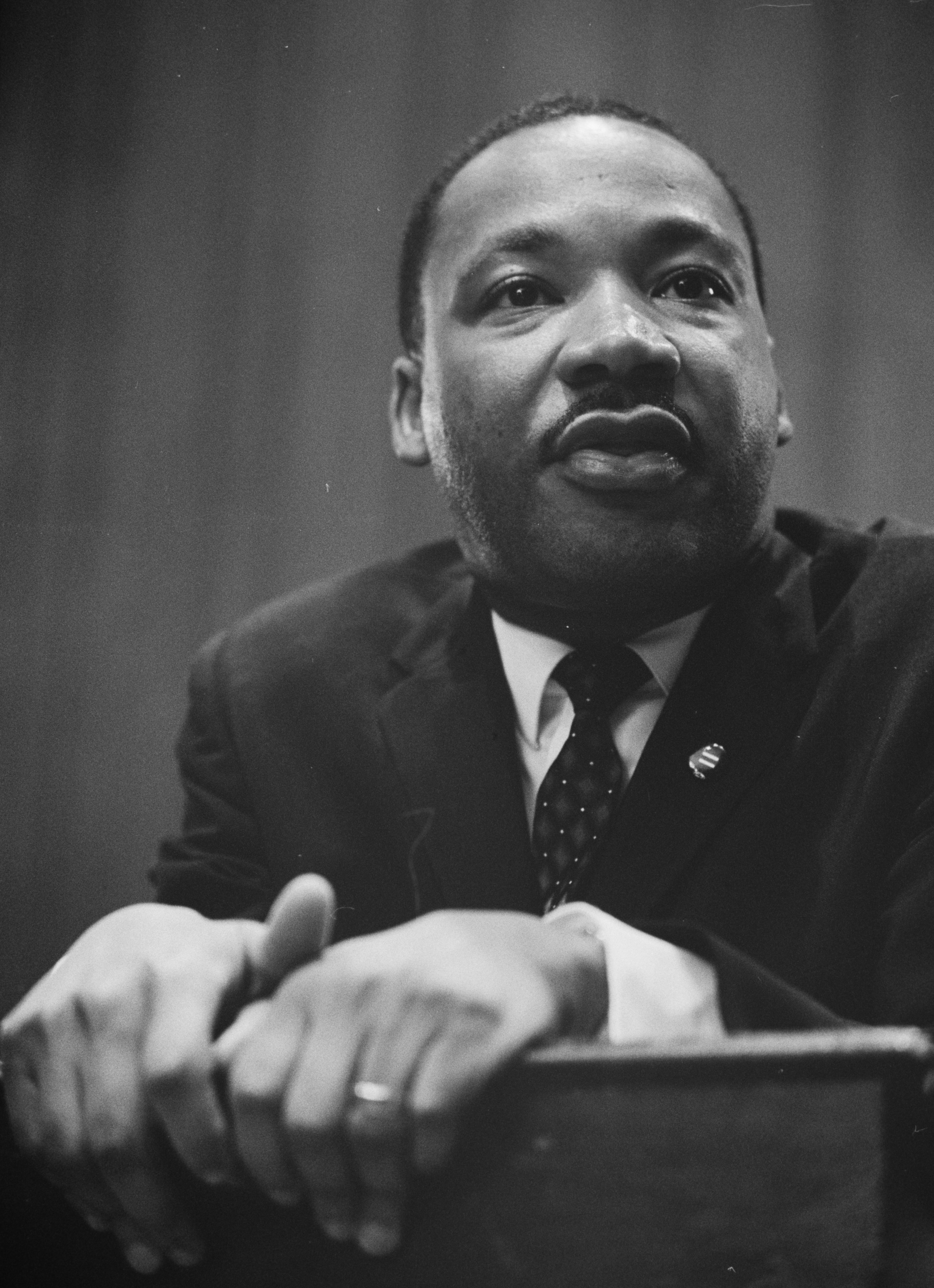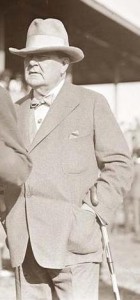 Today, on Martin Luther King Jr. Day, I’m thinking not just about the great civil rights leader but also about the state of the nation — where we’ve been, where we are, where we might be going. That leads me to reflections on a couple of former presidents, and also on the challenges facing our newest president, Barack Hussein Obama, who will be sworn into office tomorrow. And I’m thinking of what advice Dr. King, who never held a public office but was one of our greatest leaders ever, might have for Mr. Obama, who takes office at a time of multiple perils and instability.
Today, on Martin Luther King Jr. Day, I’m thinking not just about the great civil rights leader but also about the state of the nation — where we’ve been, where we are, where we might be going. That leads me to reflections on a couple of former presidents, and also on the challenges facing our newest president, Barack Hussein Obama, who will be sworn into office tomorrow. And I’m thinking of what advice Dr. King, who never held a public office but was one of our greatest leaders ever, might have for Mr. Obama, who takes office at a time of multiple perils and instability.
So, first: to Teddy Roosevelt and William Howard Taft, the man who succeeded TR as president in 1908 and whose bid for a second term Roosevelt scuttled in his own failed third-party campaign in 1912, awarding the presidency to the Democratic candidate, Woodrow Wilson. We don’t usually think of Taft as one of our more nimble presidential thinkers, but he did have his moments, as Candice Millard passes along in her fine book The River of Doubt: Theodore Roosevelt’s Darkest Journey, which we discussed earlier here. Here’s what Taft had to say about the man who first put him into the White House and later kicked him out:
“The truth is, he believes in war and wishes to be a Napoleon and to die in the battle field. He has the spirit of the old berserkers.”
Roosevelt was a great man, but we’ve had enough of that. You can’t say George W. Bush has the spirit of a berserker — this is not a man who wants to go onto a battlefield and join in the carnage himself — but he has acted with an impetuous relish for war when patience and diplomacy would have served the entire world far better. Obama, we have the feeling, is not a rash man. Yet, as all presidents are, he will always be pushed by those advising quick and violent action.
So it’s good — not just today, but all days — to listen to Dr. King. Here are a few of his thoughts, for Barack Obama and for all of us:
“Have we not come to such an impasse in the modern world that we must love our enemies – or else? The chain reaction of evil – hate begetting hate, wars producing more wars – must be broken, or else we shall be plunged into the dark abyss of annihilation.”
“Never forget that everything Hitler did in Germany was legal.”“Nothing in the world is more dangerous than sincere ignorance and conscientious stupidity.”
“One of the greatest casualties of the war in Vietnam is the Great Society… shot down on the battlefield of Vietnam.”
“Peace is not merely a distant goal that we seek, but a means by which we arrive at that goal.”“Rarely do we find men who willingly engage in hard, solid thinking. There is an almost universal quest for easy answers and half-baked solutions. Nothing pains some people more than having to think.”
“War is a poor chisel to carve out tomorrow.”“All progress is precarious, and the solution of one problem brings us face to face with another problem.”
